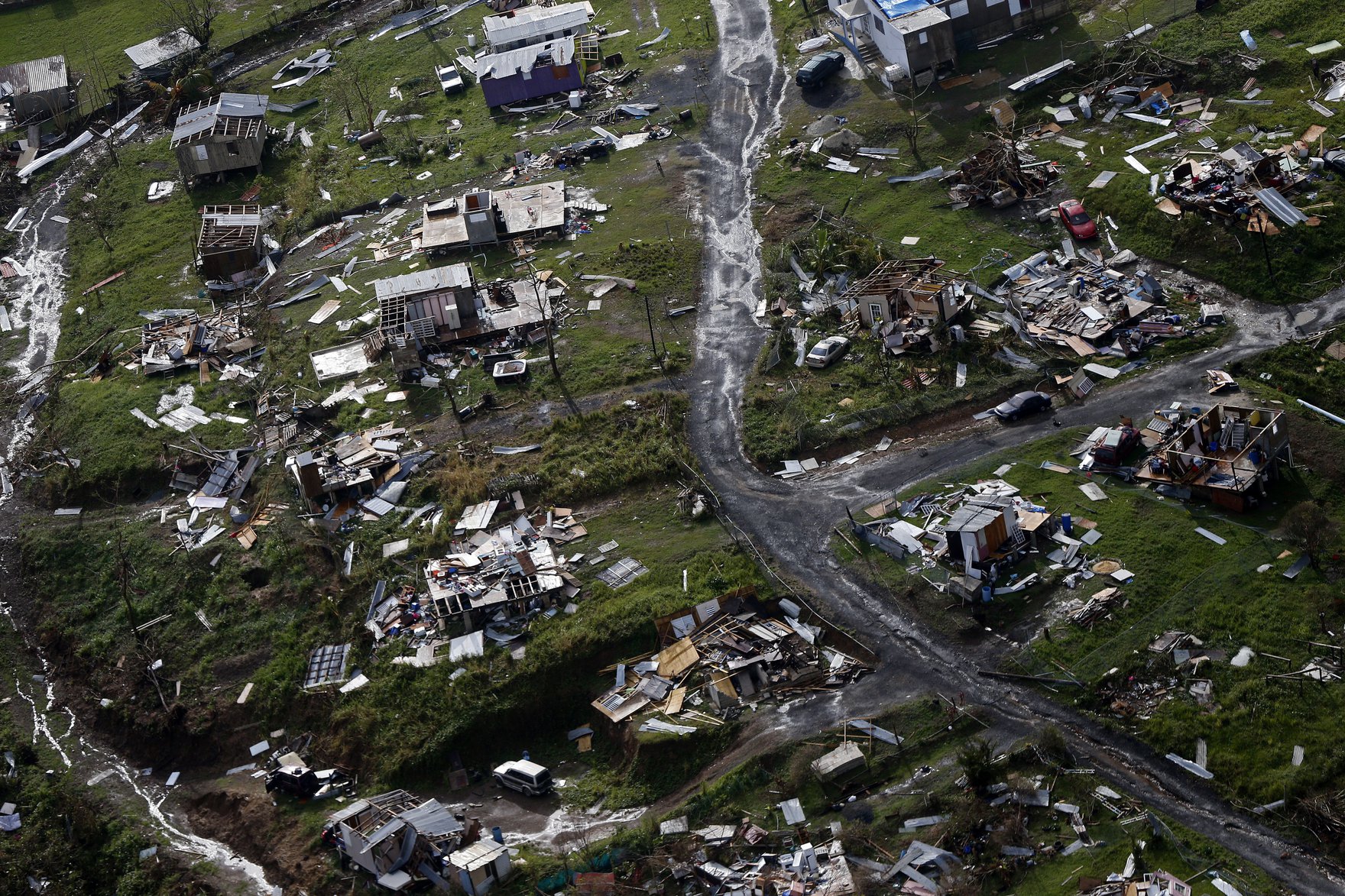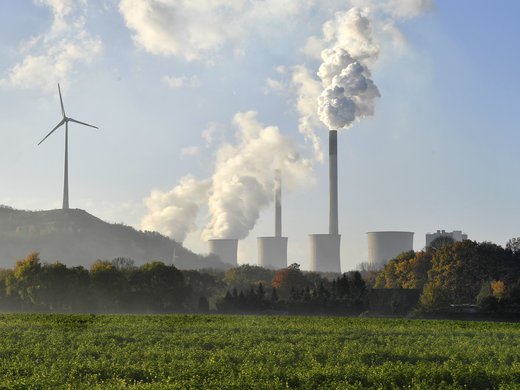In 2017, the world saw the United States announce its intent to withdraw from the Paris Agreement, the approval of the widely disputed Keystone XL pipeline, and a series of disastrous weather events that decimated communities around the globe. During all of these landmark moments, CIGI fellows and contributors developed important research and analysis intended to inform policy makers working toward better climate governance.
Research
The Case for a WTO Climate Waiver
Links between trade and climate change can no longer be ignored by either the World Trade Organization (WTO) or the Conference of the Parties of the United Nations Framework Convention on Climate Change. In this special report, Senior Fellow James Bacchus illustrates how the adoption of a WTO climate waiver should be the first of many ways in which its members revise and realign trade rules to meet the United Nations’ Sustainable Development Goals.
Environmental Gems in Trade Agreements: Little-known Clauses for Progressive Trade Agreements
As new environmental provisions make their way into myriad trade negotiations, Senior Fellow Jean-Frédéric Morin and co-author Rosalie Gauthier Nadeau draw attention to the “one-hit wonders” of environmental trade provisions. This paper illustrates a number of unique, creative trade measures that have made their mark on everything from biodiversity to treatment of hazardous waste.
Evaluating the Need for Pipelines: A False Narrative for the Canadian Economy
The claim that building new pipelines to provide access to tidewater, and hence overseas markets, will unlock significantly higher prices for bitumen is not corroborated by either past or current market conditions. In this policy brief, Senior Fellow Jeff Rubin argues that the National Energy Board should consider a rapidly decarbonizing global economy when assessing the need for and commercial viability of further pipelines.
Opinion
The G20 Summit: A Good Climate for Change
During the G20 summit in July in Hamburg, Germany, Chancellor Angela Merkel was tasked with the challenging mission of reaching consensus on commitment to climate action — with or without the United States. In this article, Senior Fellow Céline Bak and Global Security & Politics Program Director Fen Osler Hampson illuminate why the climate can’t afford to wait for a more agreeable US administration in 2020.
Building Climate Accountability from the Bottom Up
Among those tasked with actual implementation of the Paris Agreement, there is a growing interest in high-tech, bottom-up climate action that would offer radical transparency. In this article, Oonagh Fitzgerald, director of the International Law Research Program, explains how blockchain technologies can contribute to public engagement, trust and carbon-accounting dimensions of implementing the Paris Agreement.
How Will a Revised NAFTA Deal with the Environment?
The North American Free Trade Agreement (NAFTA) currently includes two sources of environment-related provisions: those in the agreement itself and those in a legally distinct side agreement. Amid the drawn-out renegotiation of NAFTA, former Senior Fellow Howard Mann and environmental economist Aaron Cosbey ask whether the revised NAFTA is likely to be better or worse when it comes to environmental provisions.
Multimedia
How Satellites and Big Data Can Improve the Validity of Climate Change Reporting
Paris Agreement member nations are required to report on the progress made toward implementing and achieving their nationally determined contributions, which includes reporting on the amount of greenhouse gases) emitted each year. In this video, Timiebi Aganaba-Jeanty, a post-doctoral fellow with CIGI’s International Law Research Program, discusses how new technologies, frameworks and organizations could contribute to standardized international data.
Céline Bak’s Five Takeaways from COP23
From November 6 to 17, climate governance leaders met in Bonn, Germany, for COP23 — the twenty-third session of the Conference of the Parties to the United Nations Framework Convention on Climate Change. In this podcast, Senior Fellow Céline Bak shares her five key takeaways from the summit and outlines the necessary next steps in the fight against climate change.
There Are No Climate Change Deniers in the Insurance Industry
The cost of repairing the damage done by hurricanes is massive; flooding is the most expensive risk worldwide. Following his series of papers on flood risk, Senior Fellow Jason Thistlethwaite sits down with podcast host Mary Ambrose to discuss the economic impact of floods seen in 2017, and the warnings that insurance companies have been issuing all along.



